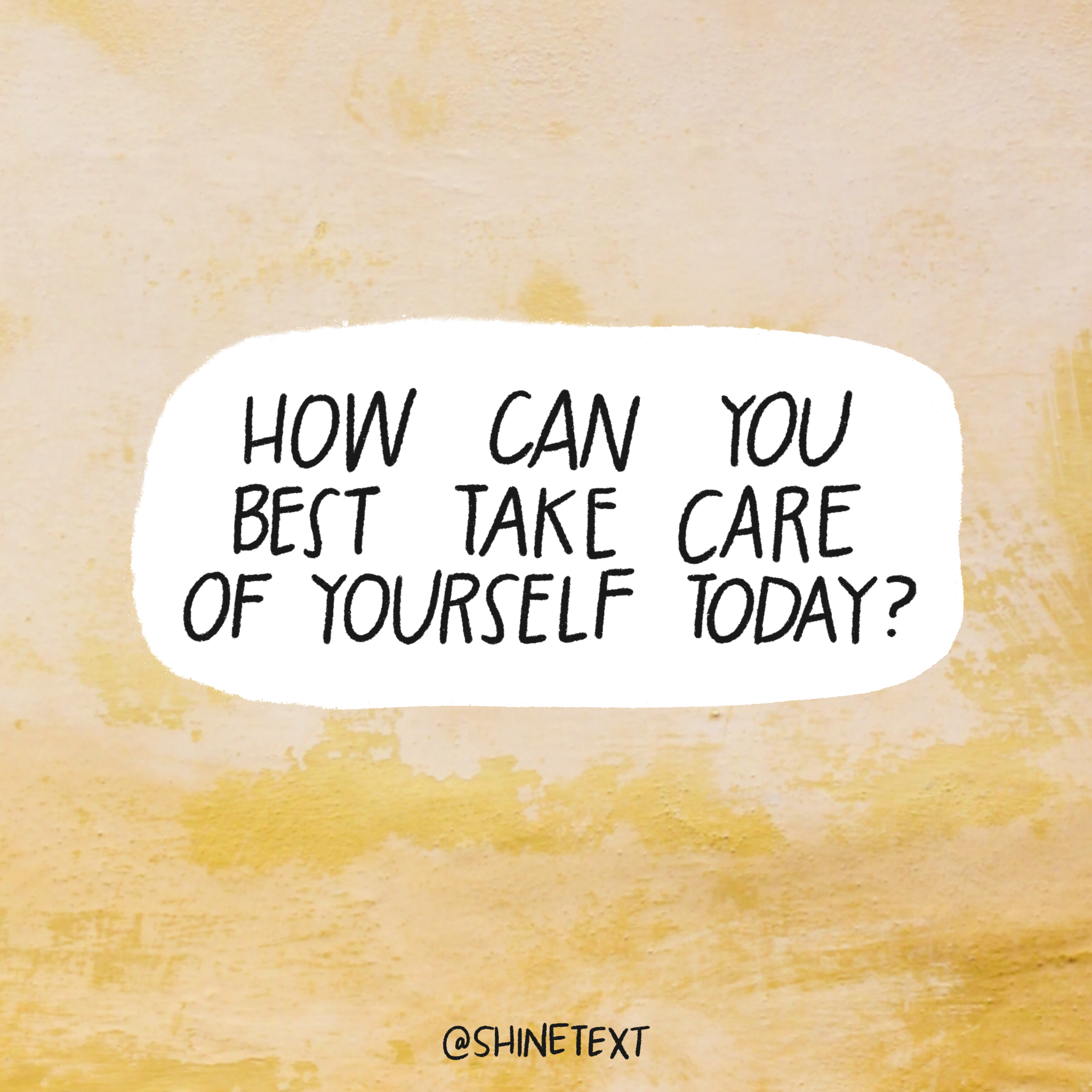3 Ways to Optimize Your Sleep
To up your self-care game, you don’t need to drop everything you’re doing and bench press as much as you can bear at the nearest gym. Nor do you need to immediately have 52-step skincare routine or jump straight into an all-vegan diet.
Don’t get me wrong—you can definitely do all those things if that’s what you want! But the most important part of healthy living is so simple, we often forget to improve it on our quest for #wellness.
It’s sleep.
You’re already familiar with sleep, but did you know a lack of sleep can have some serious impacts on almost every aspect of your day? Research shows that when we don’t have enough sleep, it can impact everything from our memory to our mood.
The most important part of healthy living is so simple, we often forget to improve it on our quest for #wellness. It's sleep.
Pinterest recently saw "sleep optimization" grow as a search term up to 116 percent—so it’s pretty clear that maximizing sleep for the benefit of overall health is definitely on the top of a lot of people’s minds this year.
But how do you do just that?
Here are three ways to get started.
Create a ritual
For some people, an evening ritual is the perfect way to signal it's time for sleep.
An evening ritual doesn’t have to be complicated: Get started by finding something small to do every night before you go to bed that relaxes you.
Maybe that means shying away from bright lights (yep, that means no binging Netflix!) before you snooze. Maybe it’s taking time to write down your gratitudes for the day, or listening to one of Shine’s Nightcap stories to lull you to sleep. For some folks, a light stretch might be the perfect move—and for others, a cup of tea might do the trick.
The key tenants to a wind-down routine is anything that will get you in a calm mindset and free your mind of worries or anxious thoughts that may keep you up (or, at least make them a little less intense).
“If you're someone who's mind races right before you're trying to go to sleep, that's a sign that you need daily mindfulness,” says Esosa E., a clinicial nutritionist. “So that means maybe [you] need to meditate before [you] try to go to sleep or meditate in the morning or journal."
One of Esosa's go-to pre-bed rituals: "Sometimes if we just write out all the things we wish we would have said or make a list of the things we have to do tomorrow, they just gotta leave our brains...and we feel more rested.”
Find what works for you, and improve on it over time.
Sweat It Out
“Even if you get your diet right and your exercise together, if you don't sleep you're probably not going to have enough energy to do either,” Esosa says.
While your sleep impacts your ability to exercise, exercise also plays a role in the quality of sleep you get.
Endorphins are released when you do work out, and these can keep you awake. So if your schedule only allows you to workout in the evening, be sure you give yourself enough time to sweat it out and let your endorphins and brain wind down.
The best part of exercise helping you snooze better? It doesn’t take long to see the benefits. “It’s generally not going to take months or years to see a benefit,” Charlene Gamaldo, M.D., medical director of Johns Hopkins Center for Sleep, explained. “And patients don’t need to feel like they have to train for the Boston Marathon to become a better sleeper.” Phew.
Try New Techniques
United States Navy Pre-Flight School has one sleep technique up their sleeves that just might help you catch some quality rest.
It was created after the government grew frustrated with the mistakes that fighter pilots of World War II were making due to their sleep deprivation—and it led to 96 percent of pilots being able to fall asleep in under two minutes, even with the sounds of war in their ears.
Sharon Ackman shared the strategy in an article on Medium. Here's how it works:
Like the pilots, get in position by resting your feet on the floor and your hands in your lap. If you’re lying down, let your hands and feet go limp.
Then, relax your face. “Think of it as the epicenter of your emotions,” writes Ackman. “Close your eyes and breathe slowly and deeply. Then relax all 43 of your face muscles—no squinting or frowning. Your forehead should be smooth. Let everything go loose. Breathe out as you feel your cheeks, mouth, tongue, and jaw relax.”
From your face, move onto your upper body, then your lower body, breathing deeply all the while. Breathe in fresh air, exhale tension.
Once your body is loose, do the same to your mind, trying to clear out all thoughts for 10 seconds.
“If that doesn’t work,” writes Ackman, “say the words 'don’t think … don’t think … don’t think' over and over for at least 10 seconds. This will clear out any thoughts and stop your brain from wandering.”
Keep at it, and you should be falling asleep a little quicker by the end of the month.
Pencil It In
Ever lose sleep during the week and try to catch up on the weekend by sleeping in?
While it’s not necessarily bad for you, it’s also not the best thing to do if you want to build healthy habits. Many doctors suggest sticking to a consistent sleep schedule—and research shows that keeping an irregular sleep schedule leads to—you guessed it—lower sleep quality.
Try sticking to a schedule for when you go to bed and wake up, and see if that consistency works for you over time.
Whatever you do, start where you’re at and just work on building your habits one baby step—or snooze—at a time. You'll wake up to a healthier you.
Read next: How to Declutter Your Mind With 'Mental Minimalism'

Shine is supported by members like you. When you buy through links on our site, we may earn an affiliate commission. See our affiliate disclosure for more info.



